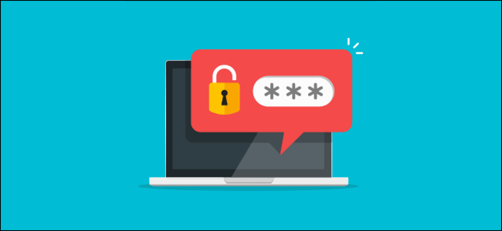We can't say it enough. Practicing good password hygiene is a good thing. A really important, good thing. So, here are some key tips to help keep your passwords secure and protect your data and devices.

Set Up Two-Factor Authentication
Quickly becoming commonplace, this extra layer of security requires an additional step before you log into an account. You receive a one-time password via text message or email for verification to ensure only you have access to sign in.
Make that Password Complex, Long & Avoid Your Pet's Name
According to the National Cyber Security Center, the most commonly hacked passwords are 12345, 123456, 123456789, abc123, qwerty, 1111111, and even good ol' password. Really?
It doesn't take a rocket scientist to realize that you need a complicated, long password. In fact, complexity is good, but length is better with at least 12-15 characters including upper, lower, numbers and punctuation. This makes it more difficult for hackers to guess the correct password and takes them more time and resources to crack.
Use a Password Manager
Password managers function as an encrypted repository for storing passwords associated with different accounts. All your passwords stored in a password manager are secured by a single master password.
Password managers can be your first defense against getting hacked. You can trust that they will be a safe place to store your passwords where you can centrally access them. It's much easier to remember that complicated master password than risking writing all those other ones down or putting them into a spreadsheet just waiting for someone to find them.
Check out these password manager options:
Don't Reuse Passwords
In a recent study, Microsoft found that 44 million users reuse their usernames and passwords. Worse yet, the survey also exposed that the largest percentage of passwords were weak and used for too long. So, it's recommended that you switch them up every 1-3 months.
Don’t Mix Business with Personal
Did you know that Microsoft has found that hackers can crack 30 percent of reused or modified passwords within just 10 guesses? Once they get into your work email, they can execute a breach replay attack by trying the same credentials on your personal accounts. Then, you're wandering into really bad cyber territory with your entire identity compromised.
While you're at it, take a few minutes to read more about passwords in our previous Bit by Bit blogs.
New Trouble Comes from Users Who Rarely Update Their Passwords
Nobody Needs to Know the Name of Your Pet & We'll Tell You Why
Got more questions? Just let us know at info@bitxbit.com